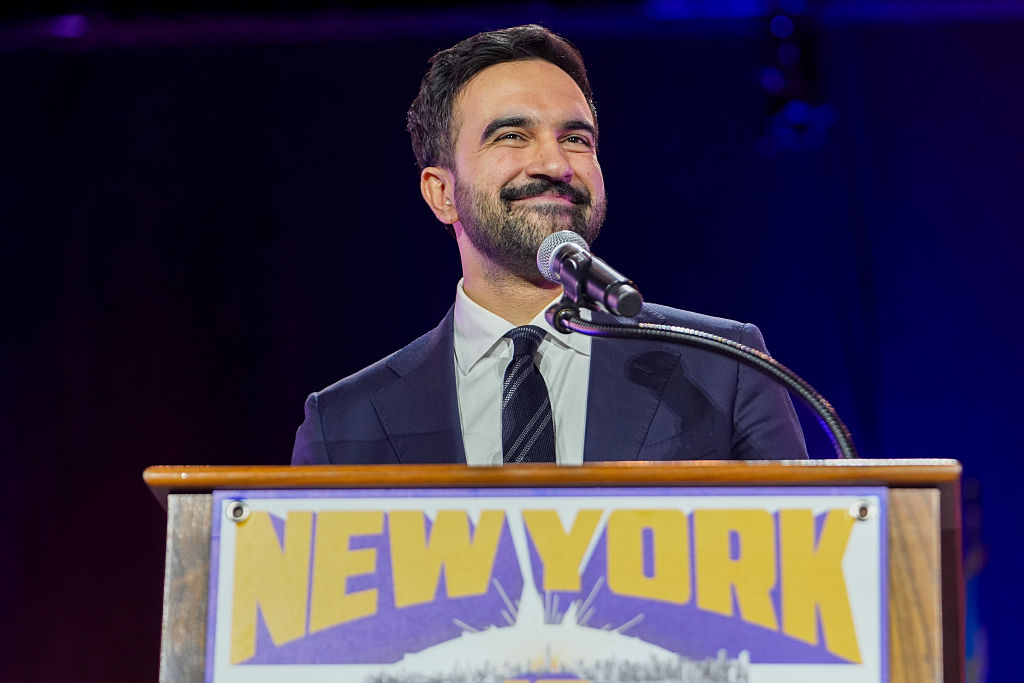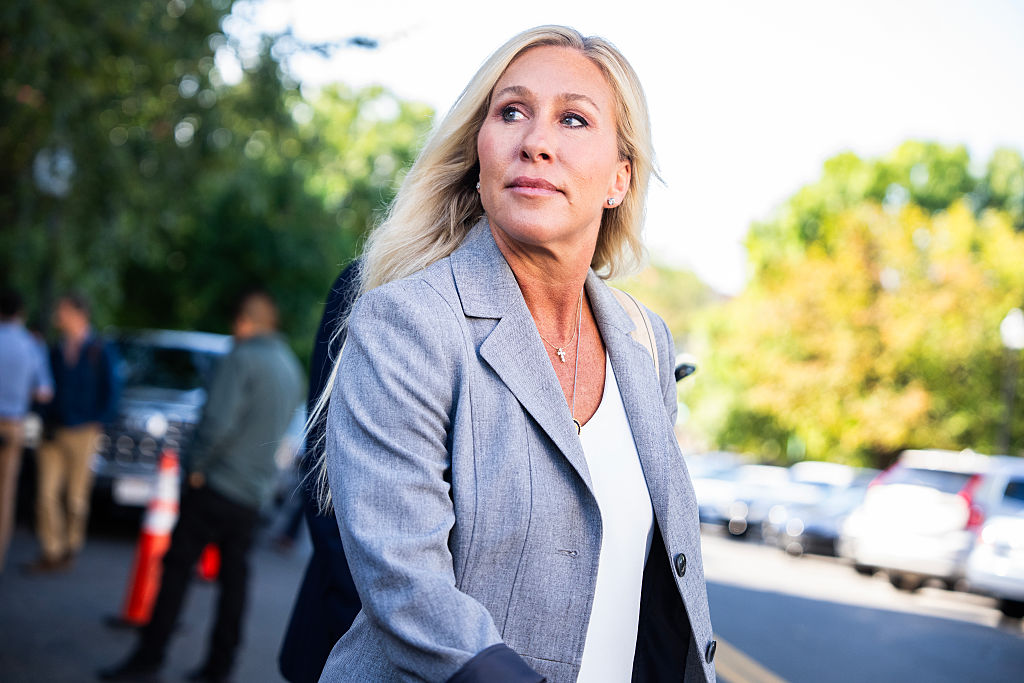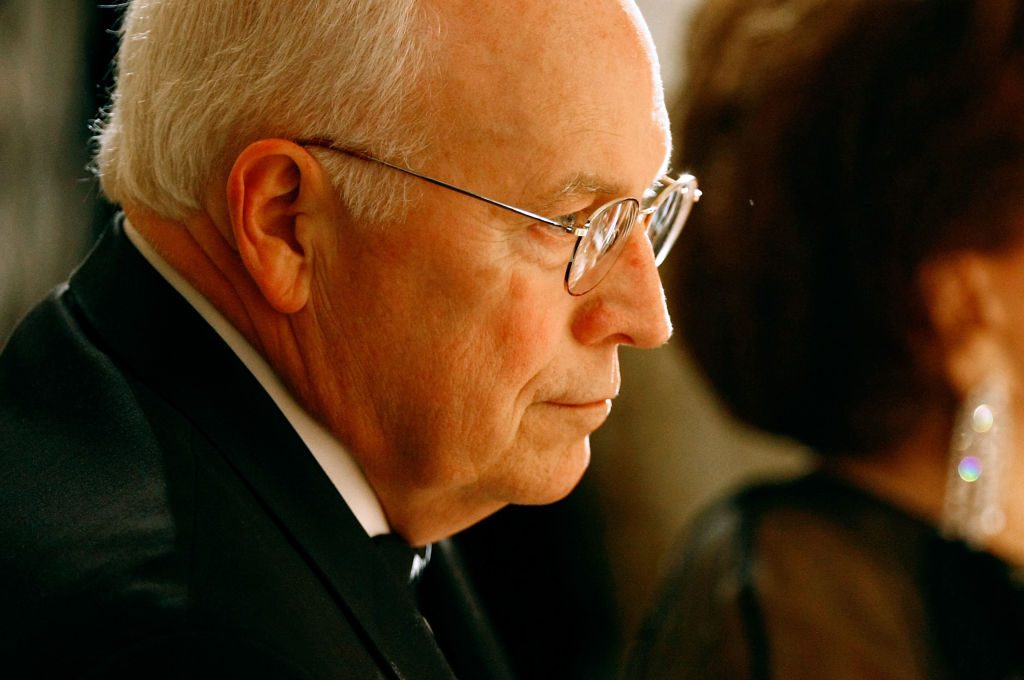“I don’t think anyone knows,” someone close to Donald Trump told me at the end of last week. “My guess is he does but that’s just a guess.” My question, of course, was “Is Donald Trump still going to announce?” — despite the midterm disappointments for his movement and the increasing certainty among Republican analysts that the party cannot win with him as its public face. He’s expected to announce at 9 p.m. ET after he declared Monday on his Truth Social media platform that “Hopefully, tomorrow will turn out to be one of the most important days in the history of our country!”
But that “hopefully” suggests an unusual amount of doubt in Trump’s brain. And it is telling that key Trump people are now sounding more ambiguous about 2024 than they did just a week ago.
Nobody really knows exactly what is going on in that big orange head, which is exactly how Donald likes it. But last week’s results have cast doubts even among the most devout of the Trump faithful. Some reports suggest that Trump’s “inner circle” have been urging him to hold off on announcing because of the Georgia runoff. The idea is that even those nearest to Trump accept that his 2024 candidacy is toxic — not the greatest sign for an old president on the verge of running again. Funnily enough, the fact that the Democrats have now won in Nevada means the uncertainty over Georgia is now less of an impediment to Trump’s announcing. Even if the Republicans win in Georgia in December, they won’t have the Senate. And the slowness or problems with the ballot counts in Nevada and Arizona give loyal Trumpists a reason to continue to believe in their man — i.e, if only the results weren’t rigged, we would be winning.
But hardcore Trumpists are in fact no more delusional than the Ron DeSantis superfans who think that, if only Trump would go away, DeSantis can almost instantly marry the power of his movement to the Bush-era party machine and crush the Democrats in 2024. Yes, DeSantis has been a highly impressive governor and his huge victory in Florida is proof of his success. Yes, the Democrats have proved — three times now (2018, 2020 and 2022) — that hatred of Trump is a powerful driver in American politics. And yes, a Trumpless red wave is a distinct possibility in 2024, especially if the Democrats decide, as they seem to have done, that the lesson of the mid-terms is that Americans like Joe Biden and his handling of the economy.
It is by no means a certainty, however. All the enthusiasts for “Trumpism without Trump” forget that that is a bit like saying “Big Mac without calories.” It’s not that the Make America Great Again movement is a cult of personality, although it is in some ways. It is that Donald Trump is the most effective Republican campaigner of the last thirty years. Without his extraordinary ability to whip up voters, to stimulate large parts of the electorate who despise the system — nationalist conservatism or right-wing populism, or whatever you want to call it — would be an academic subject. Some Trump-backed candidates may have lost last week, but many more won. As Trump himself never tires of pointing out, Ron DeSantis would probably not have become governor without his support. Ditto Glenn Youngkin, the governor of Virginia, whose victory last year is often held up as a prime example of how to harness the power of Trumpism without putting off the independents. Trump is still the kingmaker in Republican politics, even if last week’s results also suggested that Americans are fed up of the exhausting psychodrama of his court.
If Trump decided tonight to surprise the world and stand aside, the Republican Party will fall over themselves in gratitude. Their hope is that Trump could then cheerlead the 2024 nominee (probably but not certainly DeSantis) and the party could broaden its appeal, especially among suburban swing voters. But things are never that simple when it comes to Donald J. Trump.
This article was originally published on The Spectator’s UK website.

























